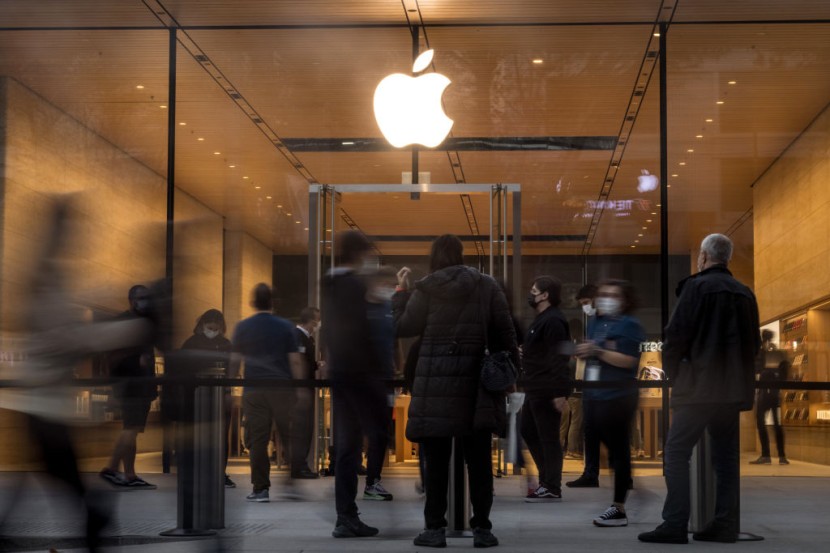The Supreme Court of the United States declined Apple's appeal on Tuesday, allowing a court order to take effect that could have significant implications for the tech giant's control over its lucrative iPhone app store.
The ruling stems from an antitrust lawsuit filed in 2020 by Epic Games, the creator of the immensely popular Fortnite video game, as per The Independent.

The lower court rulings that Apple's app store rules constituted unfair competition under California law were upheld by the justices, dealing a blow to Apple's long standing grip on its app ecosystem. While Epic Games lost its broader claim that Apple was violating federal antitrust law, the rejection of Apple's appeal signifies a major shift in the landscape.
The crux of the matter lies in Apple's exclusive control over in-app payments. The court's decision now permits app developers across the United States to include links to alternative payment options within iPhone apps, a move that could potentially divert billions of dollars away from Apple. This adjustment aims to make it more convenient for developers to sidestep Apple's commissions, which range from 15 percent to 30 percent.
These fees have been a substantial revenue stream for Apple's services division, contributing $85 billion in the last fiscal year ending in September. The court's decision has already had repercussions on Apple's stock, experiencing a 5 percent decline this year, enabling its long-time rival Microsoft to surpass it as the world's most valuable company with a valuation of $2.9 trillion.
Despite the setback for Apple, the company remains steadfast in its commitment to maintaining control over in-app transactions. In response to the court's decision, Apple outlined its plans to allow app developers to provide payment links to external websites. However, the tech giant intends to continue collecting commissions ranging from 12% to 27% to prevent what it terms as "free-riding" on its software system, according to The Boston Globe.
Apple Implements Strict Approval
Moreover, Apple plans to implement a rigorous approval process for external links within iPhone and iPad apps, citing concerns about fraud, scams, and confusion. The company will also introduce a "scare screen" warning for consumers who choose alternate payment methods, emphasizing that Apple is not responsible for the privacy or security of purchases made on external websites.
Epic Games CEO, Tim Sweeney, expressed disappointment in the Supreme Court's decision, labeling it a "sad outcome for developers." He did, however, acknowledge the potential benefits for consumers, anticipating "better prices on the web." Sweeney criticized Apple's proposed changes as "bad-faith compliance" and pledged to contest them in federal court.
As Apple navigates these legal challenges, investors are closely monitoring the situation, with additional concerns arising from new European regulations scheduled to take effect in March. These regulations could further compel Apple to allow alternate payment methods within iPhone apps, posing additional challenges to the company's longstanding practices.
While the court's decision may mark a significant shift in the dynamics of the app store landscape, the full impact on Apple's dominance and revenue model remains to be seen as the tech giant prepares to adapt to these unprecedented changes in the industry, Associated Press reported.
© 2026 HNGN, All rights reserved. Do not reproduce without permission.








